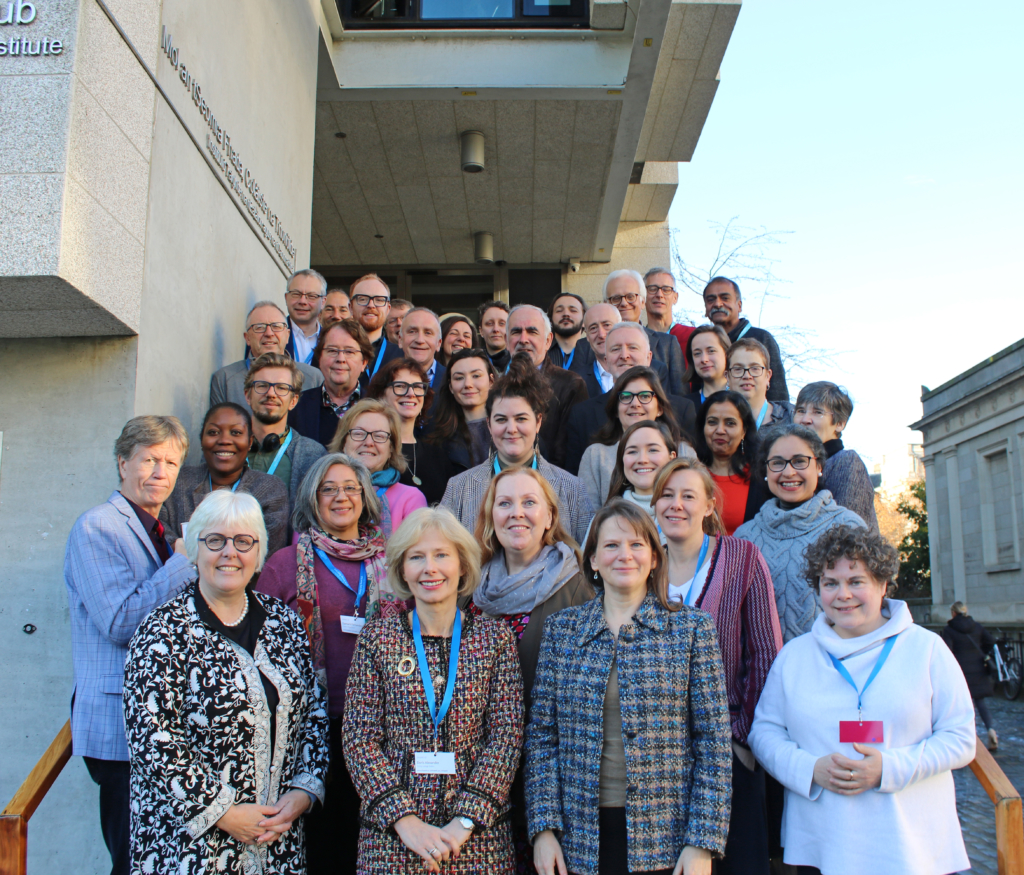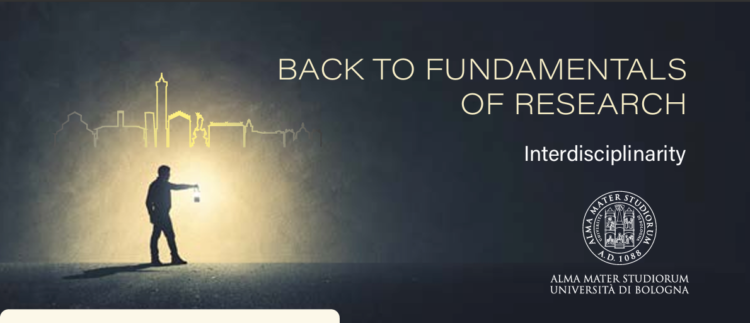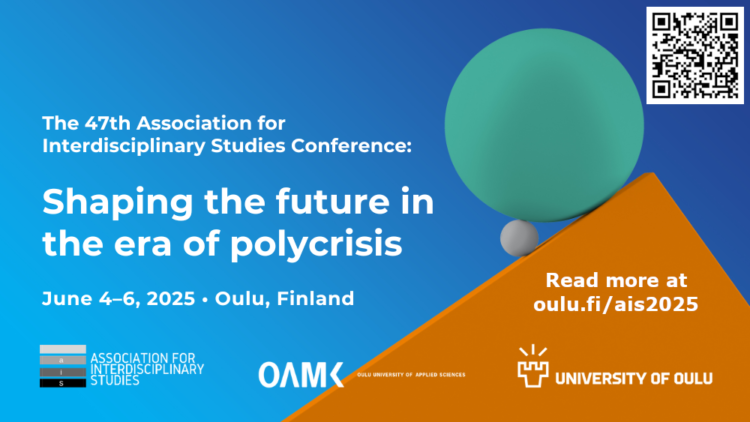SHAPE-ID member Prof Catherine Lyall was a keynote speaker at the University of Bologna's international…
First SHAPE-ID Workshop Takes Place at Trinity College Dublin
We were delighted to host the first of six planned SHAPE-ID workshops this week in Dublin. Over an inspiring two days, a highly engaged group of researchers, policy makers, funders and experts from the cultural sector and industry joined the SHAPE-ID team at the Trinity Long Room Hub Arts & Humanities Research Institute at Trinity College Dublin to tackle the question of how Arts and Humanities disciplines can position themselves as leaders or equal partners in research addressing societal challenges.

The workshop kicked off with a series of inspiring presentations from researchers leading inter- and transdisciplinary projects and initiatives.
Dr Susan Flavin (TCD) presented on her ERC-funded project FoodCult, which takes a truly interdisciplinary approach to diet in early modern Ireland, with collaborators from history, archaeology, science and information technology.
Professor Barry C Smith (Institute of Philosophy, School of Advanced Study, University of London) shared insights into the scope, potential and challenges of interdisciplinary collaboration between the Arts & Humanities and Sciences, drawing on his experience as founding director of the Centre for the Study of the Senses, which pioneers collaborative research between philosophers, psychologists and neuroscientists, and as the Arts and Humanities Research Council’s Leadership Fellow for the Science in Culture Theme.
Dr Marcus Collier (TCD) discussed the challenges of working with multiple actors from outside of academia in his transdisciplinary research project Connecting Nature, which is working with city authorities to develop, implement and measure the impact of nature-based solutions in urban settings across Europe and beyond.
Dr Kavita Sivaramakrishnan (Columbia University) presented a compelling case for humanities leadership in understanding and addressing the challenges of global ageing from a contextual, political, cultural and ethical perspective.
Finally, Dr Jennifer Edmond (TCD) discussed the transformative experience of leading the KPLEX project, which brought together researchers in literature and historical data, anthropology, research data archives and language technology services to bring a social sciences and humanities perspectives to ‘big data’.
The workshop continued with breakout groups dedicated to discussing in more detail the potential of the Arts and Humanities to lead societal challenges research and the factors that can help or hinder collaboration, as well as the practical steps necessary to overcome barriers.
On Day 2, Doris Alexander from Trinity College Dublin presented on the development of the mission-oriented research and innovation paradigm for Horizon Europe. Following this, participants worked in smaller groups to explore the possibility of designing missions with significant Arts & Humanities involvement based on three broad challenge areas: Climate Change, Healthy Ageing and the Crises of Democracy, and produced some key recommendations for implementation and improving pathways to Arts and Humanities integration in inter- and transdisciplinary research.
We will be producing a workshop report for the full workshop series in due course and sharing some of the insights and ideas generated in a blog about this workshop soon, so keep an eye on our website and social media (Twitter and Facebook).

The workshop was also the occasion for the launch of a poster exhibition by Trinity Long Room Hub Early Career Researchers, who produced thoughtful and beautiful posters linking their own diverse research projects to the UN Sustainable Development Goals. Full details of the posters are available here.



